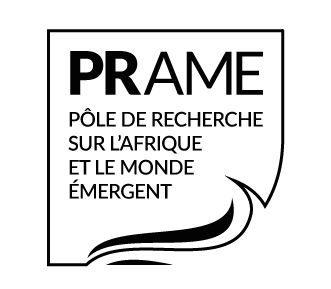African Regional And International Coordination: How Covid-19 Advanced Integration Trends And South-South Cooperation
Castro Kowalski, Camila, and Amabilly Bonacina. 2022. “African Regional And International Coordination: How Covid-19 Advanced Integration Trends And South-South Cooperation”. Brazilian Journal of African Studies 7 (14).
This content is not available in the selected language.
Abstract
Africa is one of the world’s forerunners in terms of political integration. Already in the 1960s, the Organisation of African Unity had 32 states united under a common charter. Moreover, through joint projects with Latin American and Asian partners, African states have joined some of the primary experiences of South-South Cooperation, particularly in the areas of healthcare and infrastructure. Taking this historical context into account, this paper examines how the highly competitive reality of the COVID-19 pandemic has impacted the continent. We argue that the constraints imposed by the new coronavirus outbreak have strengthened the African Union’s role in advancing collective action and encouraged self-sufficiency. Furthermore, we analyse how South-South Cooperation offered a platform for immediate response when access to disputed medical supplies in the world market was difficult. We conclude that the COVID-19 crisis has contributed to consolidating African regional integration in the long-term, as well as its coordination with partner emerging countries, with consequences for the African Union’s priorities in terms of foreign affairs in the future.
This content has been updated on 3 June 2023 at 16h11.
